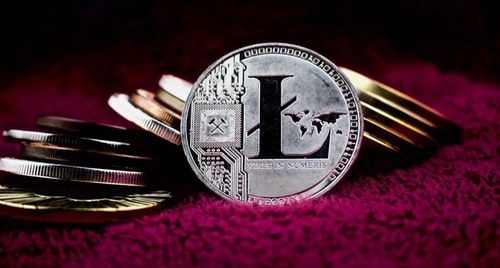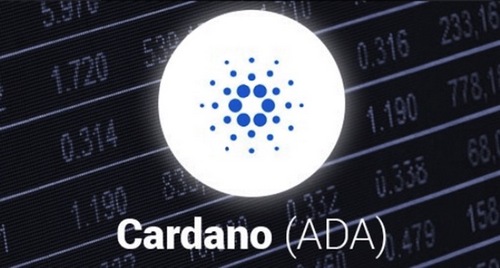While the G20 leaders previously admitted crypto assets do not pose a threat to global financial stability, the introduction of global stablecoins could pose “a host of challenges” to the regulatory community, the chair said in the letter.
The world’s biggest economies are assessing stablecoins as a potential risk to the global financial system, according to a statement from the Financial Stability Board (FSB).
In a letter to G20 finance ministers and central bank governors on Sunday, the FSB’s chair Randal Quarles said the G7 working group is delivering an assessment report on opportunities and challenges posed by global stablecoins.
The regulator presents a range of issues stemming from stablecoins, including data privacy and protection, AML/CFT and KYC compliance, tax evasion, fair competition and market integrity.
While the letter does not point to any particular stablecoin as an example, major economies have been voicing their concerns over the anticipated issuance of Facebook’s Libra cryptocurrency.
According to a report from BBC on Monday, the draft report on stablecoin from G7 working group warns that even if Libra’s backers can address such concerns, the project may not get approval from regulators.
“Addressing such risks is not necessarily a guarantee of regulatory approval for a stablecoin arrangement”, the G7’s draft report says.

Pressure has been building up for Facebook since major payment companies such as Visa, Mastercard, Paypal and Stripe withdrew from the company’s Libra project.
The FSB will later submit an official issues note on global stablecoins to the October 2019 G20 Finance Ministers and Central Bank Governors meeting this week. “The G7 working group will be handing off work on regulatory issues to the FSB, and we have already begun work in this area”, Quarles said.
The assessment came after the G20 Leaders asked the FSB to advise them on additional multilateral responses as needed, given recent developments in stablecoins.
Genesis Clocks Quarterly Surge in Cash and Stablecoin Lending
Genesis Capital saw another jump in cash and stablecoin lending this quarter.
The lending arm of the over-the-counter trading subsidiary of Digital Currency Group (DCG) published its latest “Digital Asset Lending Snapshot” on Wednesday, noting that the surge in cash lending was significant enough to shift the firm’s $450 million lending book.
For the first time this year, BTC-denominated loans now represent less than 60 percent of Genesis’ portfolio. The cash lending program grew from 23.5 percent of the firm’s active loan portfolio in the second quarter to 31.2 percent in the third quarter. The loans were denominated in fiat or USD-pegged stablecoins like USDC, PAX, TrueUSD or USDT.
Despite bitcoin’s proportional decline, Genesis still has approximately $225.9 million in outstanding BTC-backed loans.
Matt Ballensweig, head of business development at Genesis, told CoinDesk that cash lending during the quarter was driven by demand for liquidity in the crypto industry.
This often comes from crypto-rich mining firms, who need financing to pay overhead and electricity costs. However, cash lending is also tied to bitcoin’s spot price and market sentiment.
Ballensweig said as the market shifted bullish on bitcoin’s prospects, institutional traders pledged crypto to borrow fiat to finance the purchase of more bitcoin. In what’s called a “basis spread”, leveraged investors capture the difference between depressed spot prices and the futures market.
“As long as your ROI return on investment is higher than the cost of borrowing, it makes sense to do this”, he said.
This mechanism was complicated toward the end of the quarter. Since mid-September, the forward price curve has flattened, contributing to a contraction in cash-backed loans from $160 million in the second quarter to $140 million at the end of the third.
According to the Genesis snapshot, investor interest in altcoins also grew quarter-over-quarter, primarily driven by a jump in ETH and ETC-backed loans. Together, ethereum and ethereum classic now comprise 10.5 percent of the firm’s total outstanding loans.
Ballensweig said the general uptick in altcoin originations can be attributed to hedge funds and market makers gaining short exposure.
“Each quarter the compositions of altcoins fluctuate, depending on when hedge funds think there’s an opportunity for the market to retrace on those particular assets”, he said.
Genesis added $870 million in new loans and borrows in the third quarter, up 17 percent from the second. This is the sixth straight quarter that originations have increased, bringing the firm’s total amount lent and borrowed to $3.1 billion.


